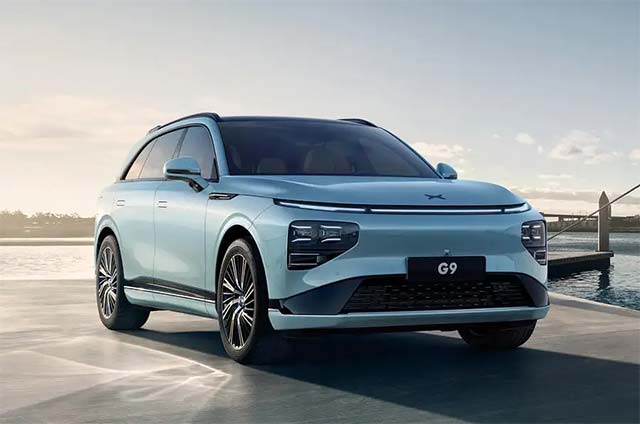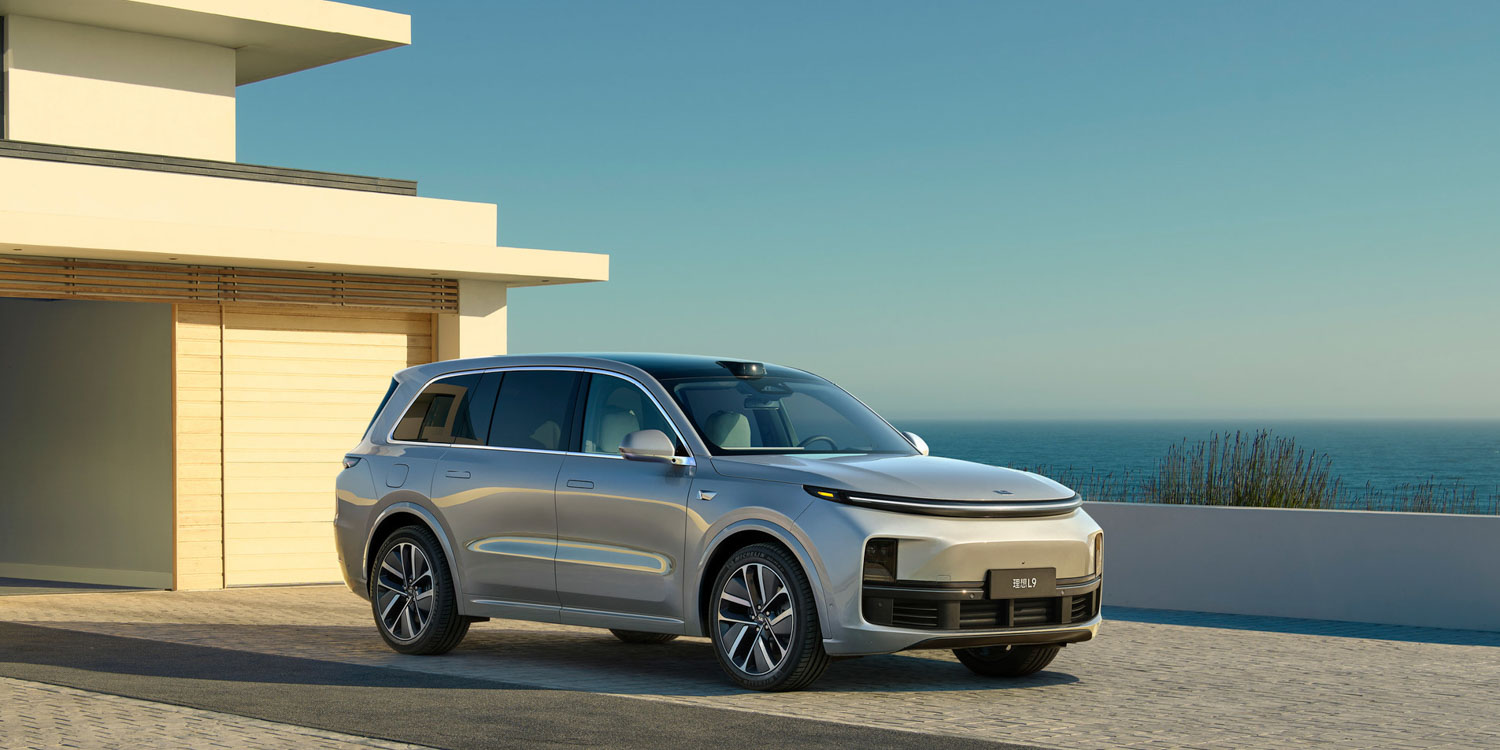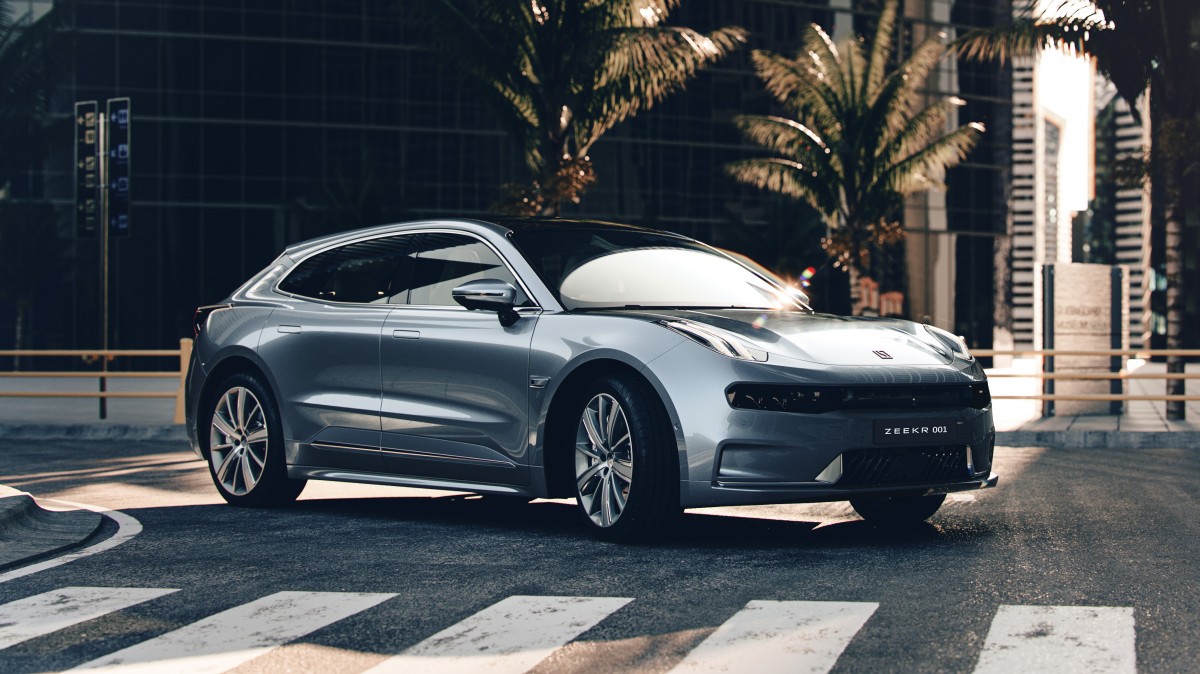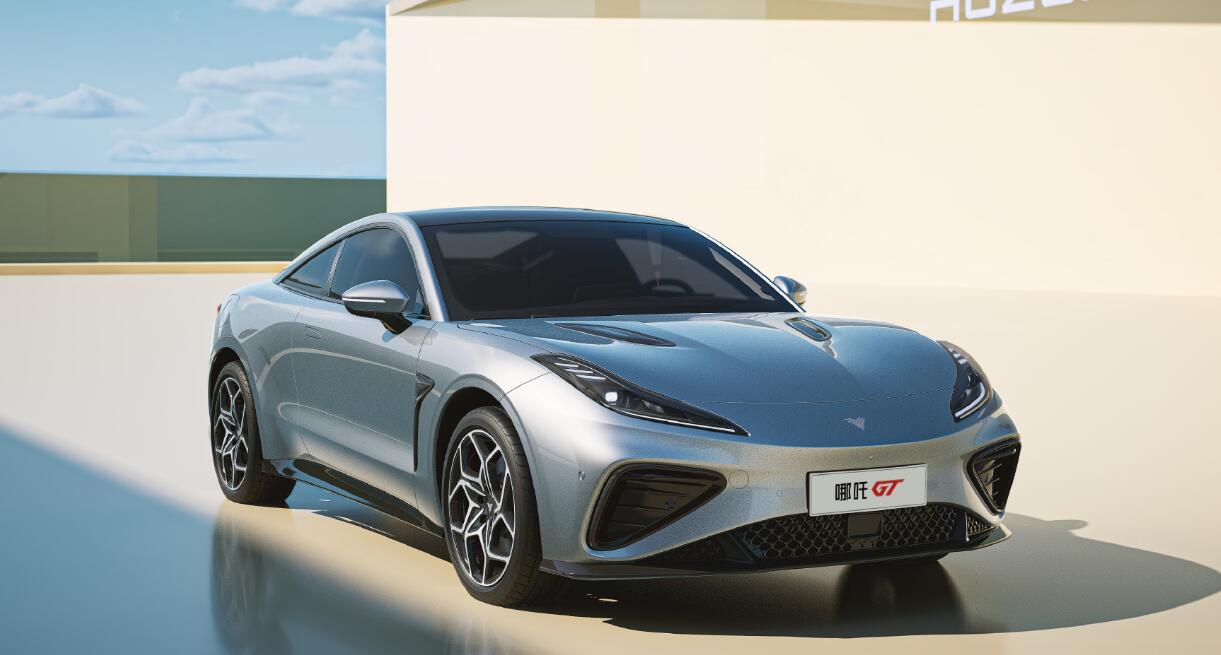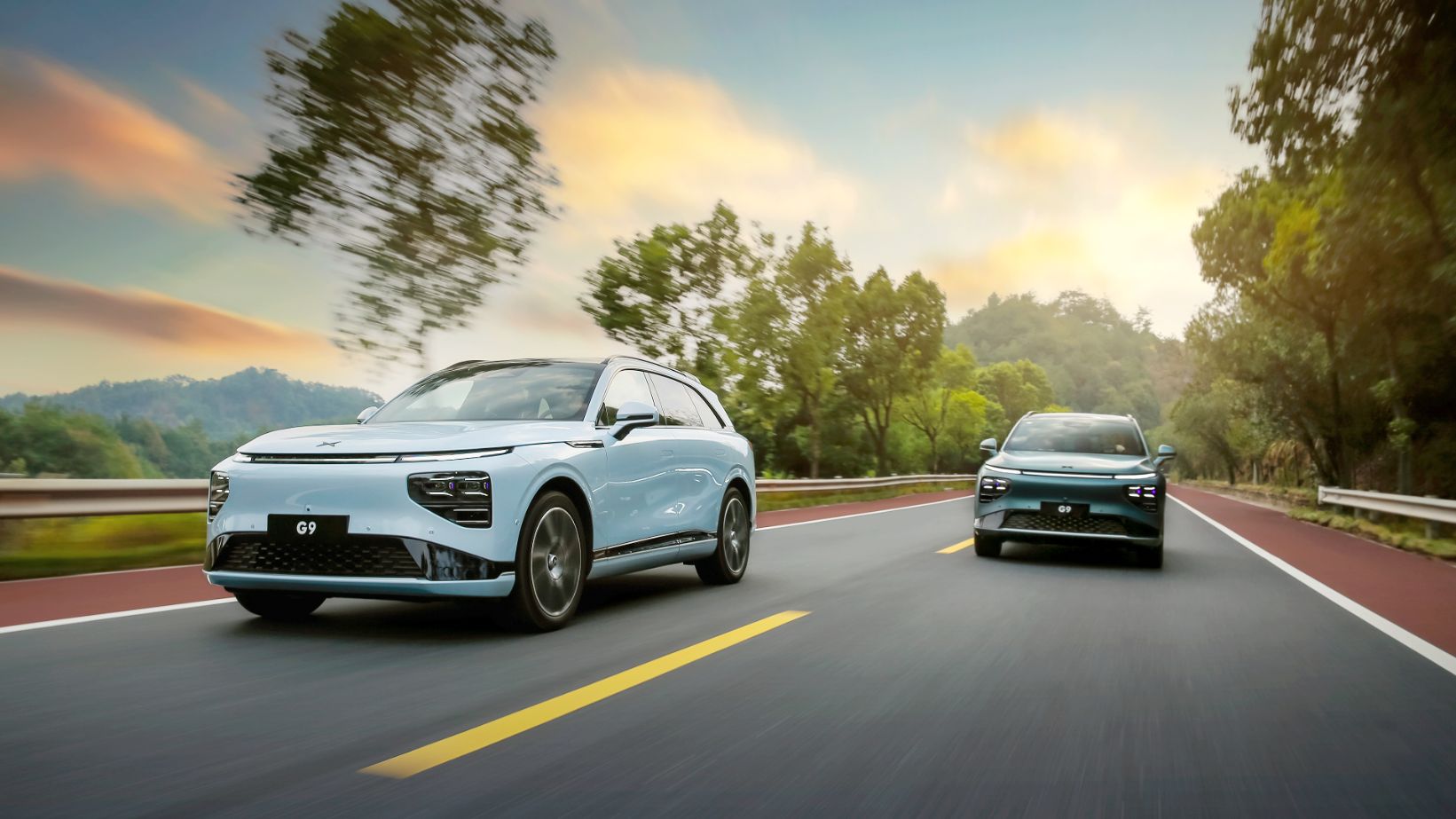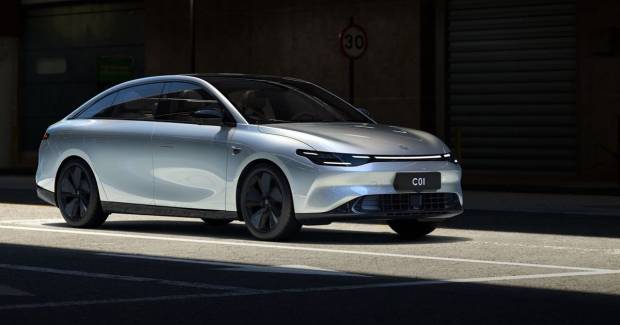In a recent announcement, Hyundai USA unveiled its sales figures for May 2023, revealing a fascinating trend in the realm of electric vehicles (EVs). The Korean automaker’s electric fleet has outshined its conventional lineup, with hybrids and battery electric vehicles (BEVs) accounting for a noteworthy 19% of total sales volume for the month.
Among the standout performers, the Ioniq EVs emerged as the clear winners, contributing significantly to Hyundai’s sales figures for May. Astonishingly, the Ioniq EVs alone constituted 4.9% of Hyundai’s total sales, showcasing their growing popularity in the market.
However, what makes these numbers even more captivating is the contrasting consumer behavior when it comes to the Ioniq 5 and Ioniq 6 models. Typically, discussions around EVs often revolve around range and battery capacity. Surprisingly, despite the Ioniq 6 offering more range, buyers seemed to favor the Ioniq 5, with a staggering 2,446 units sold in May 2023. In contrast, the Ioniq 6 only managed to secure 971 sales during the same period.
An intriguing aspect of this consumer preference lies in the fact that the Ioniq 5 actually offers a lesser range compared to its counterpart. In its SE Standard Range trim, it can travel only 20 miles, while the RWD SE trims boast a more impressive 58-mile range. Besides the range discrepancy, the Ioniq 5 and Ioniq 6 share similar characteristics, differing primarily in their vehicle dynamics and body types. The Ioniq 5 takes the form of a compact SUV, while the Ioniq 6 embodies the elegance of a fastback sedan. Moreover, the Ioniq 6’s price is a mere $150 higher than the Ioniq 5, making cost a minimal factor influencing buyers’ decisions.
This consumer preference for SUVs and crossovers aligns with the prevailing trends observed in the US automotive market. Crossover cars continue to dominate sales, constituting around 45% of the total volume, while midsized cars lag behind with a mere 8% market share.
Hyundai’s impressive performance in the electric vehicle segment reflects the growing acceptance and demand for EVs among consumers. As the automotive industry continues its transition towards sustainability, the Korean brand’s forward-thinking approach and diverse electric fleet position it as a key player in shaping the future of mobility.


